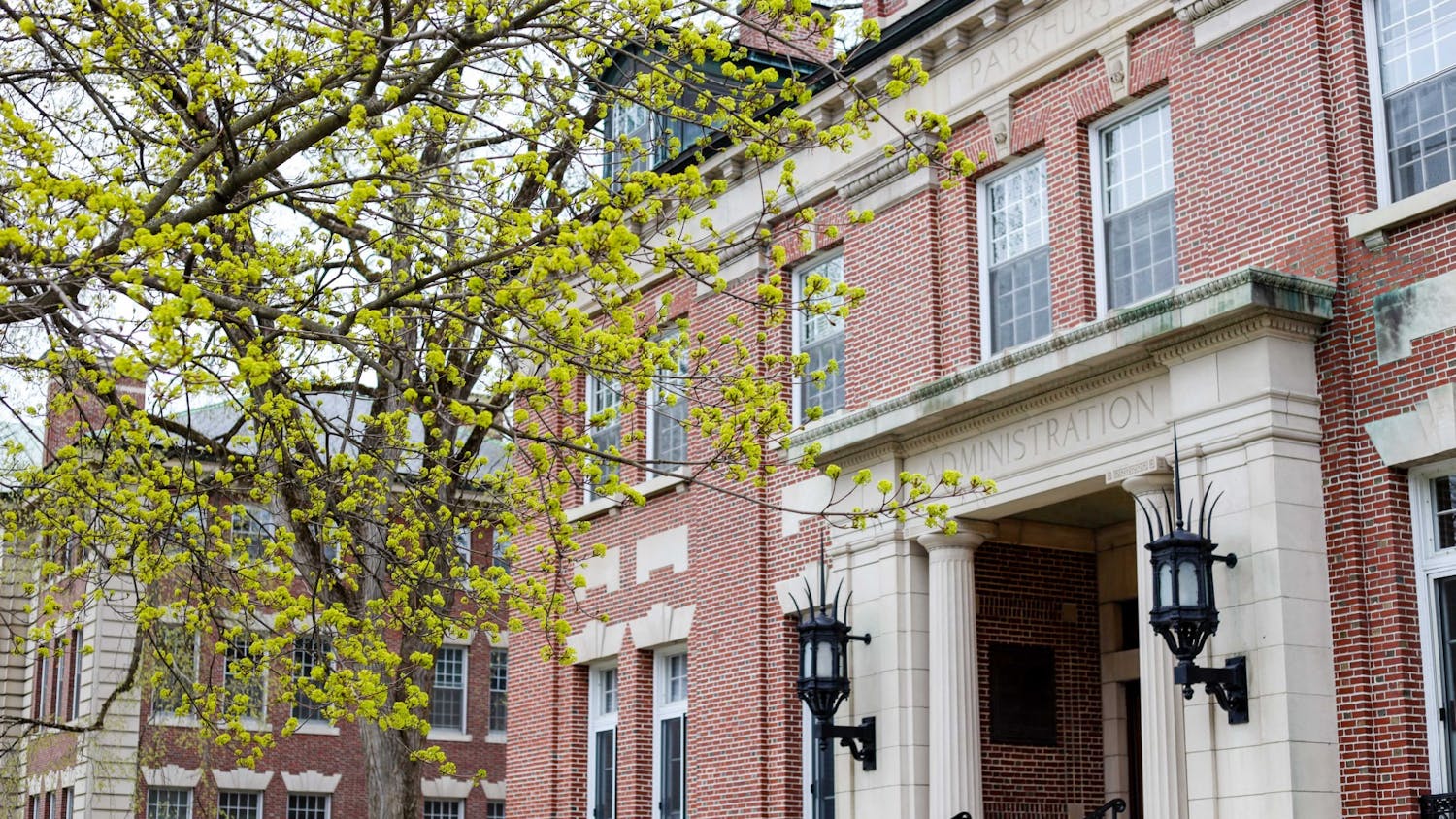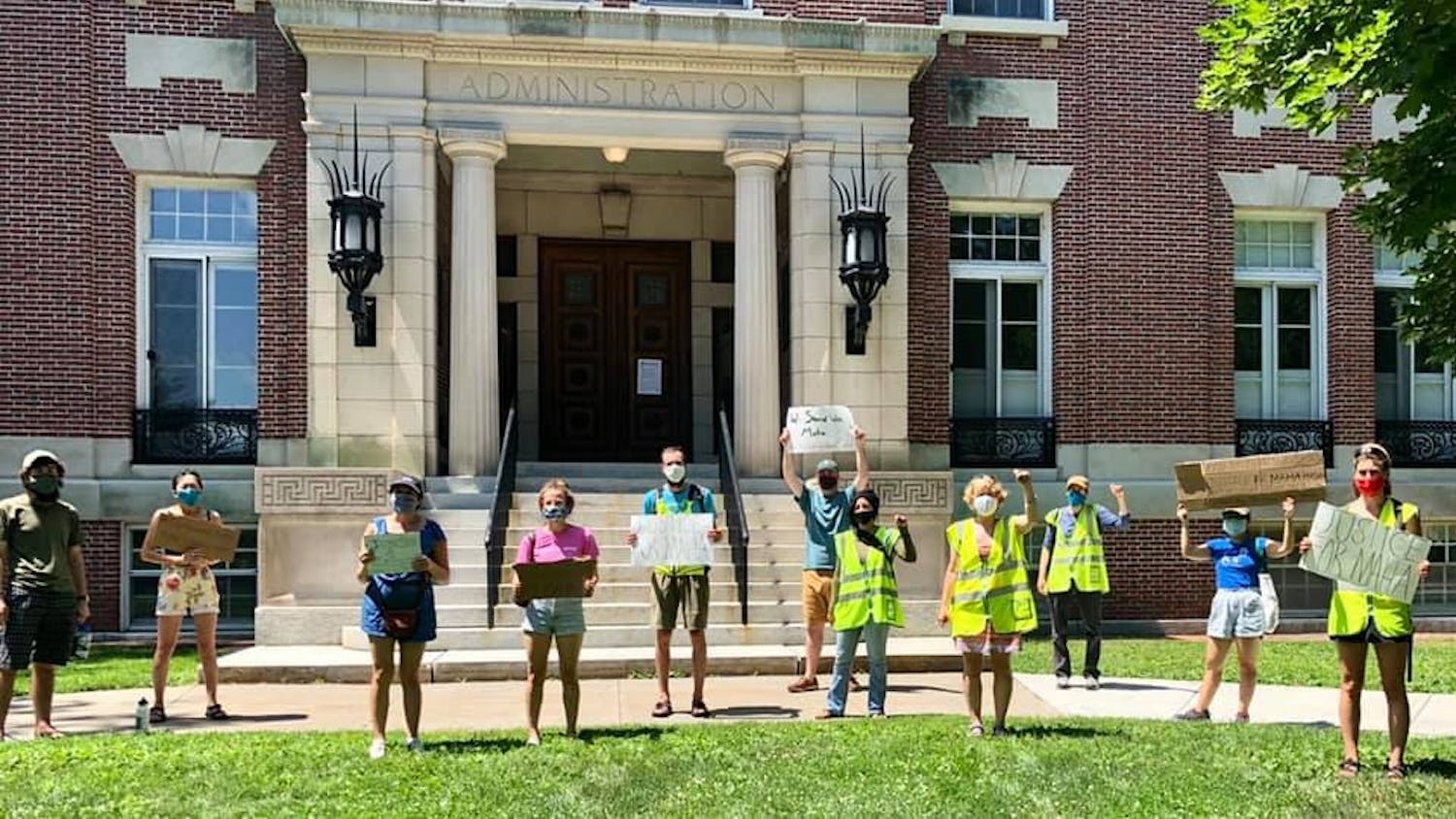“Opening an unconditional, fair and transparent investigation is our right and it is not an extraordinary measure as the school [has] claimed,” wrote Maha Hasan Alshawi in a July 24 Facebook post.
Ten days into Maha’s hunger strike, Dartmouth released a statement offering to open an external investigation into the sexual assault allegations she has put forward. This offer, however, is subject to the precondition that Maha end her hunger strike and seek medical attention. Moreover, the College claimed that hiring an external investigator to conduct another review of her case would be an “extraordinary measure,” when in reality hiring external investigators is a regular measure taken in the case of sexual misconduct on college campuses. The statement is in line with the College’s greater tendency to sweep sexual assault under the rug and minimize its prevalence on our campus, contributing to a culture of abuse and misogyny. Both the Dartmouth administration and student body need to do better in addressing and dealing with the deep-seated sexual misconduct that characterizes our campus.
Maha is not the first victim of sexual harassment and abuse of power on Dartmouth’s campus. In 2018, the school faced a lawsuit from multiple students regarding sexual harassment and assault committed by three former psychological and brain sciences professors. While the professors are no longer employed by Dartmouth, they have not yet faced any severe legal consequences. The plaintiffs also received far less in compensation from the school than they originally filed for.
Sexual harassment is not just a theme among Dartmouth faculty. The Clery Act report in 2018 showed that the number of reported sexual assaults on Dartmouth’s campus rose from 24 in 2017 to 34 that year. While this could be the result of other factors, such as the #MeToo movement, the 2018 lawsuit and people willing to report more, the numbers still reflect a concerning trend on our campus.
Following Maha’s case, an Instagram account entitled “Dartmouth Survivors” was created. This account allows Dartmouth students to anonymously share their experiences of sexual violence at Dartmouth and empower survivors. Just one week after the account’s creation, there are already 35 posts containing personal stories of abuse, rape, harassment and sexual assault. The extent to which sexual harassment pervades our campus goes beyond the salient examples that we hear about, such as Maha and the 2018 lawsuit. Social media is creating a space for more of this culture to be realized.
This trend of normalized behavior is also reflected by the anonymous app Librex, which has infiltrated our campus. Daily posts cover a wide array of topics. Disturbingly, many contain racist and sexist undertones, even some that explicitly reveal outright fear of sexual assault at Dartmouth. From slut-shaming to weight-shaming, female students are attacked daily behind a veil of anonymity. Comments aimed at male students do not reflect this tendency towards sexualization, focusing instead on which frat houses are the most “ragey” or throw the best parties.
Clearly, the problem is not isolated to one facet of Dartmouth’s culture. Sexual harassment and the sexualization of female students is normalized. Each day that passes in Maha’s hunger strike puts her at greater risk of severe health complications and the possibility of death. Rather than opening an investigation as a precondition to Alshawi ending her hunger strike, the College has placed Maha in a position that threatens her life. Once again, Dartmouth is pushing the victim aside.
I used to be proud to call Dartmouth my home. After witnessing our school’s treatment of sexual harassment survivors, the rising cases of misconduct and the student body’s sexist attitude, I can’t say the same. We need to reevaluate the culture that we have cultivated from the ground up on our campus. Maha is not the first or last incidence of injustice that Dartmouth will experience. Home should not be a place where you feel threatened or disvalued. We need to do better.



